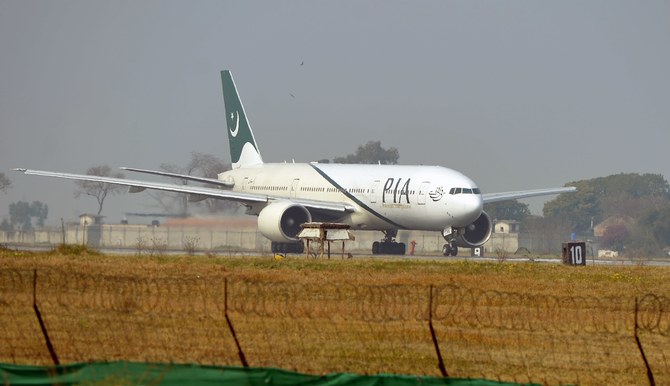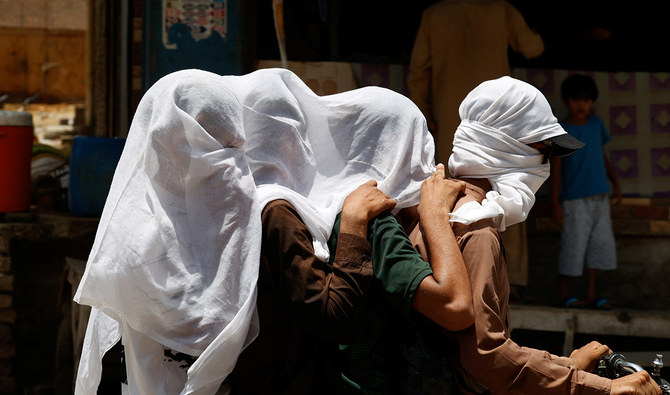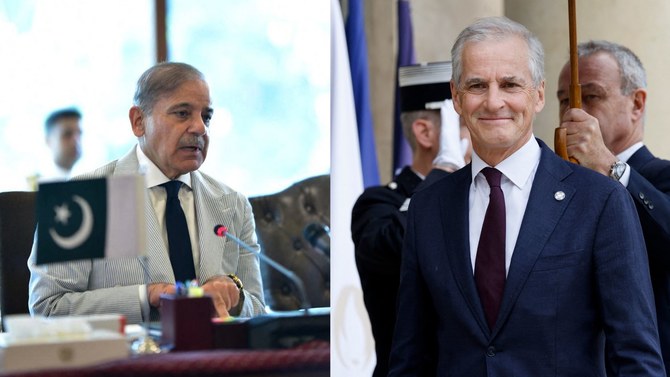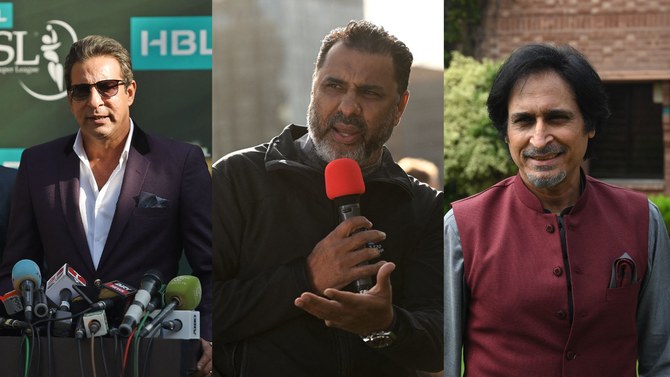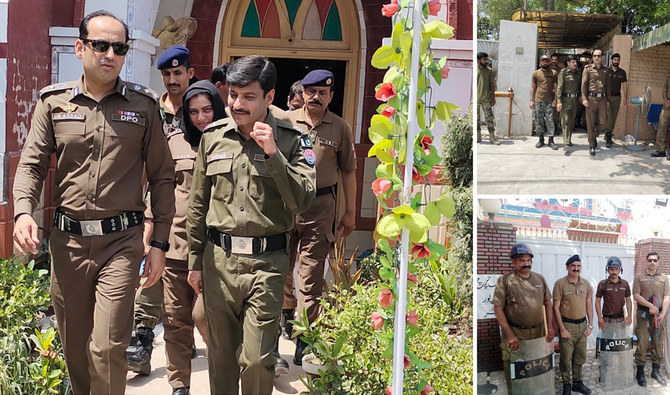KARACHI: The Pakistan International Airlines (PIA), Pakistan’s national flag carrier, was forced on Sunday to cancel 70 out of its 81 scheduled domestic and international flights, a PIA spokesperson said, citing a severe shortage of fuel.
The statement came a day after the state-owned Pakistan State Oil (PSO) said it had received an advance payment of Rs220 million ($789,804) for the supply of fuel on Saturday and Sunday, along with a list of 39 PIA aircraft. However, the PIA spokesperson said only four aircraft were fueled on Sunday, severely affecting flight operations.
PIA flights witnessed cancelations and delays this week after PSO suspended its supply of fuel to the airline on Monday over unpaid dues. The national flag carrier, slated for privatization by the government, has amassed substantial losses and unpaid dues amounting to hundreds of billions of rupees in recent years.
The airline’s request for Rs 23 billion ($76 million) in operational support was declined by the government, prompting caretaker Prime Minister Anwaar-ul-Haq Kakar to initiate a restructuring plan to stabilize the airline’s finances.
“On Sunday, only 11 flights could operate out of 81 scheduled flights due to fuel challenges,” PIA spokesperson Abdulllah Khan told Arab News, adding the airline had been making advance payments to PSO for fuel supply.
“The Pakistan International Airlines made a payment of Rs220 million on Friday which could last the weekend, but it did not. And on Sunday, we were refused fuel which resulted in massive cancelations.”
Khan said there were “slim chances of a full restoration of flight operations” considering the way fuel was being supplied and amid PSO’s refusal to allow any credit line or relaxation to “a fellow government organization.”
“However, our focus will now shift toward preserving our international operations, for which we can secure fuel from other sources, unlike in Pakistan, where we are bound to obtain fuel from PSO,” he said.
The PIA spokesperson apologized for the inconvenience caused to passengers due to the airline’s row with PSO.
“But we must also acknowledge that the national carrier is suffering from a financial crisis and we cannot look toward any other entity for support or ease,” he said.
“We would urge our valued customers to keep their patronage of their beloved brand. We have dealt with graver challenges in the past 75 years and each time we have risen back up in the face of adversity to serve this great nation in the hour of need.”
Reached for comment, PSO spokesperson Naila Erum said the oil supply company would share a statement on Monday.
The outstanding amount owed by PIA to PSO stood at Rs26.825 billion as of October 16, Erum told Arab News earlier this week. This comprised Rs14.893 billion as the principal amount and Rs11.932 billion as Late Payment Surcharges (LPS).
“The payable amount against current supplies as of October 17 was Rs2,072 million,” she said.
PIA’s fuel crisis comes at a time when it is aiming to resume flights to the United Kingdom within the next two months.
PIA flights to Europe and the UK have been grounded since 2020, following the EU Aviation Safety Agency’s revocation of the airline’s authorization to fly to the bloc due to a pilot licensing scandal.



